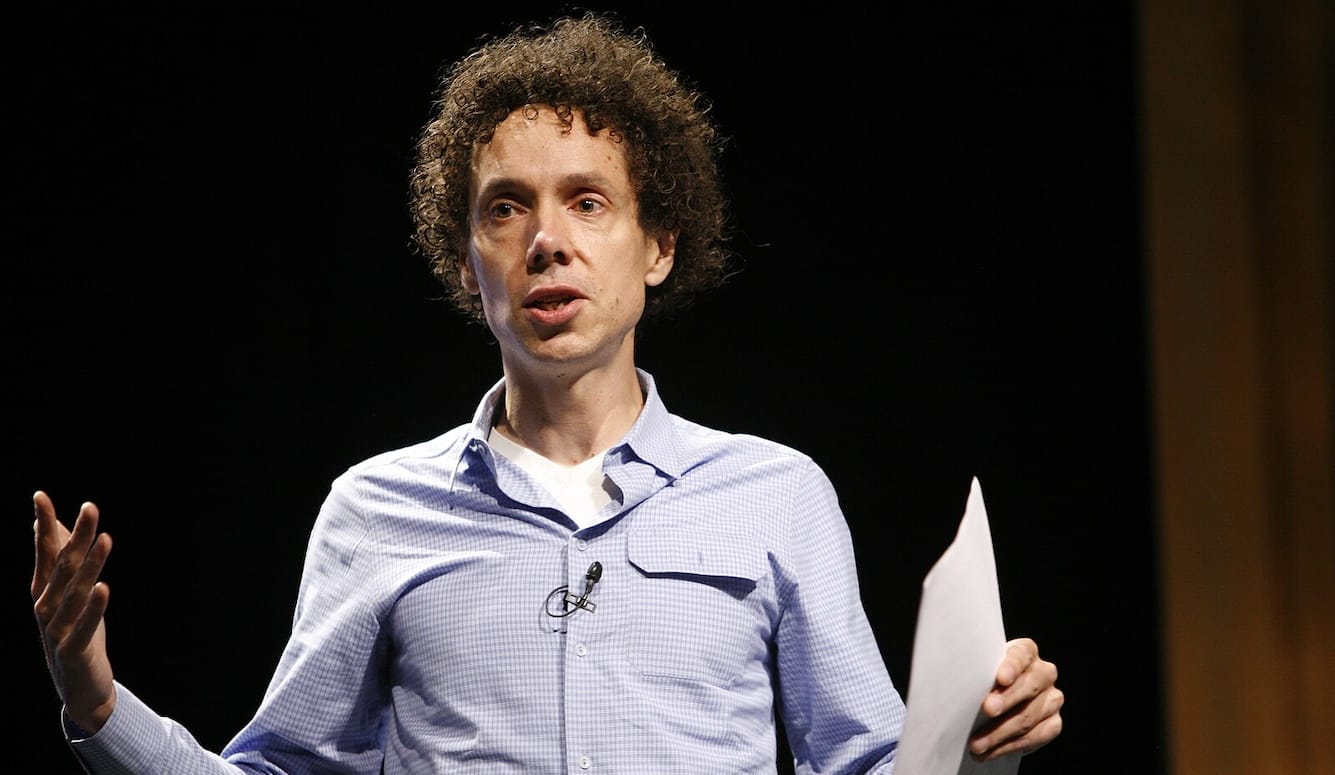Transgender
In Defence of Malcolm Gladwell
He’s hardly the only writer who pretended to believe men can become women. If we shame him for confessing his intellectual dishonesty, we discourage others from doing likewise.

The MIT Sloan Sports Analytics Conference was founded in 2006—three years after Michael Lewis published Moneyball, whose screen adaptation would turn Jonah Hill into the world’s first sports-data-nerd hero. The annual event “provides a forum for professionals and students to discuss cutting-edge trends in analytics and business to foster innovation in the global sports industry.” Its organisers include members of the MIT business school’s Entertainment Media & Sports Club, many of whom are no doubt looking to carve out careers in the booming sports-betting field.
Being a university-hosted event, however, the conference proceedings naturally contain a few high-concept nods to DEI. “The Conference is passionately dedicated to driving diversity and inclusion across the industry to advance accessibility and representation,” the organisers assure us. In 2022, the agenda included presentations on Equity Analytics and The NFL’s Rooney Rule, Importance of Inclusion, Empowerment, Ownership: The Future of Women’s Professional Hockey, and, infamously, Transgender Athletes: A Conversation Led by Malcolm Gladwell.
I say “infamously” because last week, three years after the fact, Gladwell’s participation in that panel became a culture-war flashpoint. On 2 September, the long-time New Yorker writer and best-selling author appeared on The Real Science of Sport podcast, hosted by South African scientist Ross Tucker (more on him below), and confessed that he now felt “ashamed” of his 2022 conference appearance. Even back then, Gladwell told Tucker, he realised it was wrong for trans-identified biologically male athletes to take medals and roster spots away from actual women. But he’d given lip service to the idea of trans “inclusion” anyway, Gladwell admitted, because he’d been “cowed” by activist talking points.





